BOONE, N.C. — While five Appalachian State University faculty members were recently announced as recipients of the 2018 Appalachian Innovation Scholars Program (AISP) awards, last year’s recipients continue making progress on their proposals.
The projects awarded in January 2017 range from the development of root zone heating systems and the production of black soldier flies to hasten compost, to robots and artificial intelligence, rural health initiatives and marketing the art of scholars with diverse abilities.
“Even as we fund five new projects this year, it is inspiring to see the progress being made by last year’s recipients,” Chancellor Sheri Everts said. “Their imaginative thinking is creating real-world solutions and providing valuable research opportunities for students, faculty and staff.”
Project updates
Dr. Anne Fanatico, associate professor in Appalachian’s Goodnight Family Department of Sustainable Development, with collaborator Dr. Jeremy Ferrell, assistant professor in the university’s Department of Sustainable Technology and the Built Environment, proposed to develop full-circle technologies in urban agriculture to extend year-round local food production in the Sustainable Development Civic Garden and further nutrient reclamation of organic waste. The Sustainable Development Civic Garden is a garden and greenhouse located on Appalachian’s campus that functions as a teaching facility for sustainable agriculture and food systems.
In order to extend year-round production in the garden and greenhouse, they have installed a solar thermal heating system consisting of an active solar collector and thermal battery with phase change material, which has regulated greenhouse temperatures noticeably compared to the previous year. Students from Ferrell’s Solar Thermal Energy course helped design, construct and test the system. A food dehydrator to divert thermal energy in the summer and seedling benches in the greenhouse were also installed, along with the development of a capillary watering system for the seedlings and durable, low tunnel row covers for garden beds that are of a “caterpillar” design and have withstood high winds and snow.
Developments in organic waste management have consisted of developing community composting systems and signage to assist in composting, an in-ground worm bin for year-round vermicomposting, and black soldier fly production systems for composting and potentially for use as chicken feed.
In addition, Fanatico and Ferrell are conducting research and holding workshops. Next steps in the project include an open house at the Civic Garden in April focused on spring vegetables, analysis of their research, and construction of a shed roof to create an area for organic waste management and black soldier fly production.
Dr. Kyle Thompson, assistant professor in Appalachian’s Department of Nutrition and Health Care Management, proposed a project called “Innovation in Health Professions Education: Interprofessional, Rural-focused Primary Care Simulations.” The project was to develop realistic, standardized patient simulations for interprofessional use, resulting in students being better prepared for supervised practice in health care facilities. The project would also help improve the overall quality of health professions programs.
The first year of the project is nearly complete, and 11 new standardized patient simulations have been developed and written. These simulations cover a range of topics, such as:
- rural food insecurity concurrent with a complicated pregnancy;
- pediatric obesity in a rural child;
- morbid obesity and respiratory failure in a hospitalized rural patient;
- celiac disease in a rural patient; and
- Type 2 Diabetes in a rural patient.
The simulations are being evaluated by rural nutrition practitioners and Appalachian faculty, and data is being collected and compiled. Standardized patient simulations have been integrated into the syllabus for Thompson’s graduate nutrition assessment course, and learning outcomes of simulation implementation are being evaluated.
The project of Dr. Paul Wallace, associate professor in the university’s Department of Leadership and Educational Studies, involves the development of socially assistive robotics (SAR) for traumatic brain injury rehabilitation, education and outreach. SAR is a new field of robotics and artificial intelligence that focuses on developing machines capable of interacting with humans for the purpose of providing assistance and achieving progress in convalescence, rehabilitation, training and education.
Wallace is developing a prototype system for robot-mediated therapy in stroke and traumatic brain injury rehabilitation. He expects the prototype to be completed this spring, which will include a module for working with the humanoid robot in gesture therapy.
The robot is connected to a camera that will monitor and assess gestures, with the goal of using game-like interaction with patients to provide gesture training and assess gesture recall. The original proposal included collaborator Dr. Louise Keegan, former assistant professor and undergraduate program director in the Beaver College of Health Sciences.
Anna Ward, director of Appalachian’s Scholars with Diverse Abilities Program (SDAP), with collaborator Erich Schlenker, managing director of the university’s Transportation Insight Center for Entrepreneurship, planned to create microbusiness opportunities for students and alumni with intellectual and developmental disabilities. The focus of the initiative is to build a sustainable financial foundation for students, alumni and community members associated with the SDAP program.
The initiative has led to the creation of Creative Unbound, a collaborative project between SDAP, the Center for Entrepreneurship and the Association of Student Entrepreneurs that partners entrepreneurial-minded students with the creative endeavors of the SDAP students.
This semester will see a launch party for artist Tyler LeBlanc, who creates cartoon characters and makes them into dolls. Students help him feature the cartoons on merchandise. LeBlanc is in the final stages of publishing a book based on his characters. Other SDAP students have created microbusinesses focused on photography, babysitting, DJing and blogging.
Dr. Ok-Youn Yu, associate professor in and interim assistant chair of Appalachian’s Department of Sustainable Technology and the Built Environment, with collaborators Hei-Young Kim, research assistant in the Appalachian Energy Center, and Ferrell, proposed to build on research around an existing affordable biomass heating system for greenhouses called NEXUS. The system, which was under study at two local farms, was developed by the Biomass Energy Research team.
This is the beginning of the farming season, which is a critical time for greenhouse usage, Yu said. The system is currently operational at Springhouse Farm, in nearby Vilas. One element of the system — the energy-efficient root zone heating system — applies heat directly to the seed trays. This improves germination and provides the ability to control soil temperature, resulting in an overall energy cost savings.
About the Chancellor’s Innovation Scholars Program
The Chancellor’s Innovation Scholars Program supports innovative research and practice by Appalachian State University faculty and staff throughout all disciplines and program areas on campus. These internal grants are awarded to Appalachian thought leaders who work creatively and entrepreneurially to address challenges; create lasting institutional change; provide community and societal benefits; establish opportunities that increase student engagement with research, creativity, innovation, design thinking and entrepreneurship; and promote broad-based sustainability in the areas of economics, equity and the environment. The program is intended to complement other innovation initiatives at the university. Learn more at https://www.appstate.edu/innovation-scholars.
About Appalachian State University
As a premier public institution, Appalachian State University prepares students to lead purposeful lives. App State is one of 17 campuses in the University of North Carolina System, with a national reputation for innovative teaching and opening access to a high-quality, cost-effective education. The university enrolls more than 21,000 students, has a low student-to-faculty ratio and offers more than 150 undergraduate and 80 graduate majors at its Boone and Hickory campuses and through App State Online. Learn more at https://www.appstate.edu.
What do you think?
Share your feedback on this story.
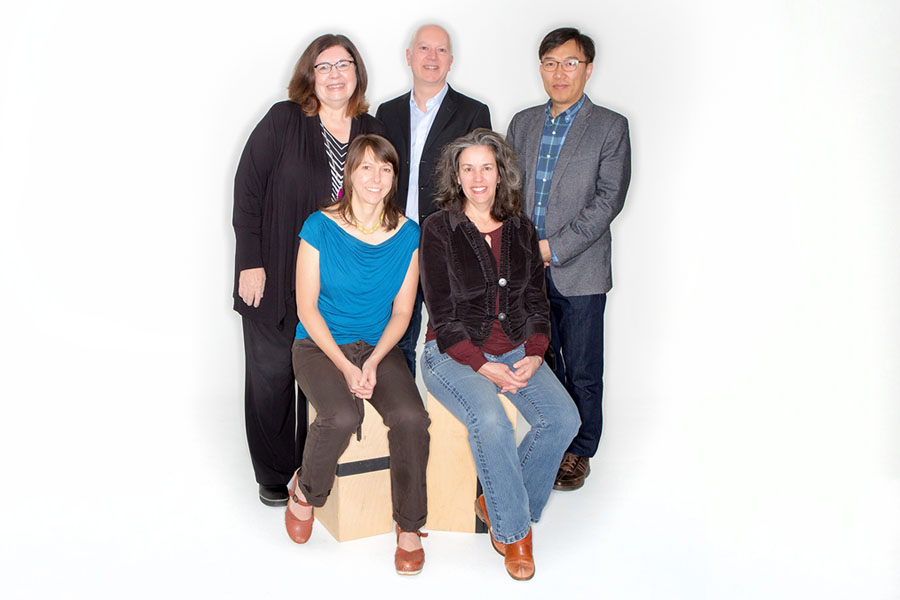
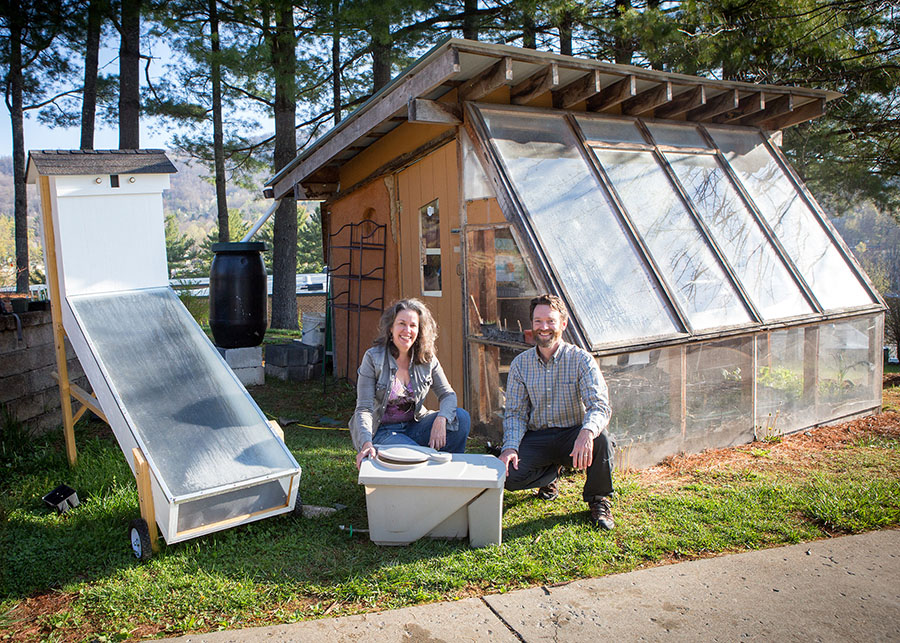
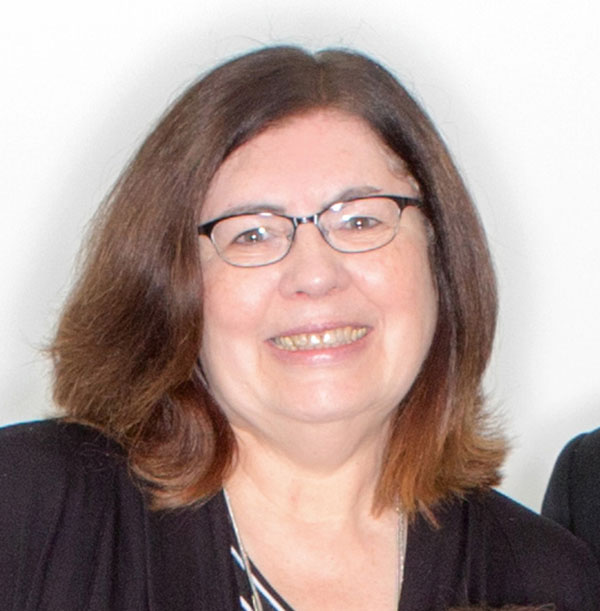
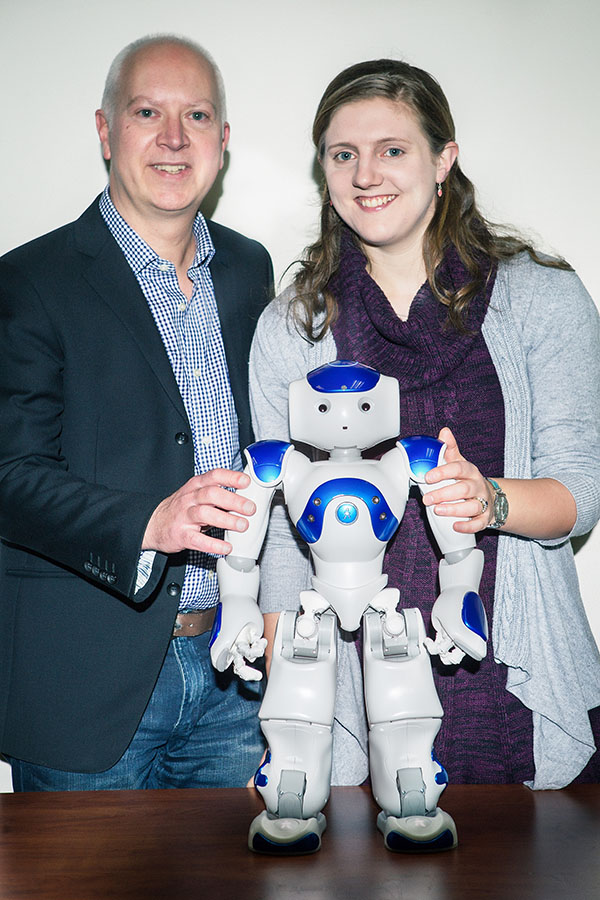
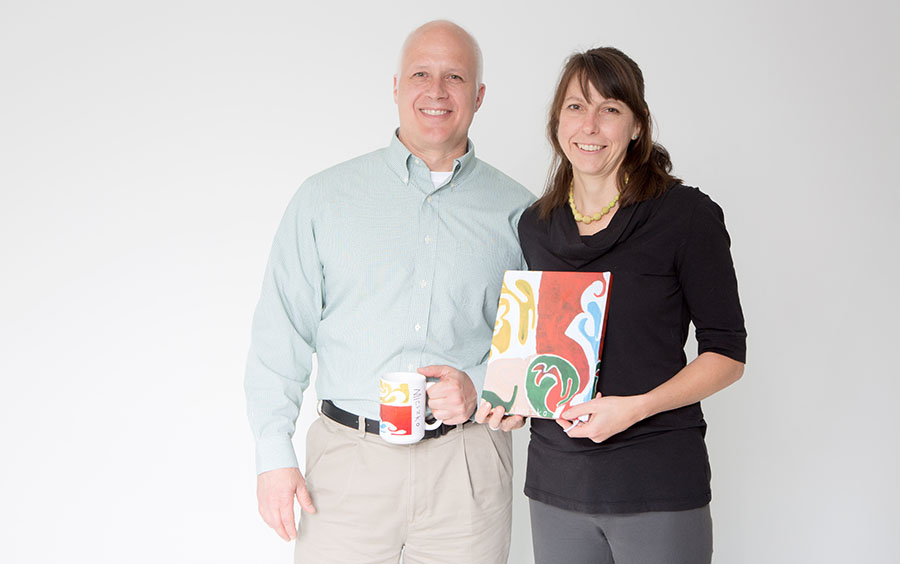
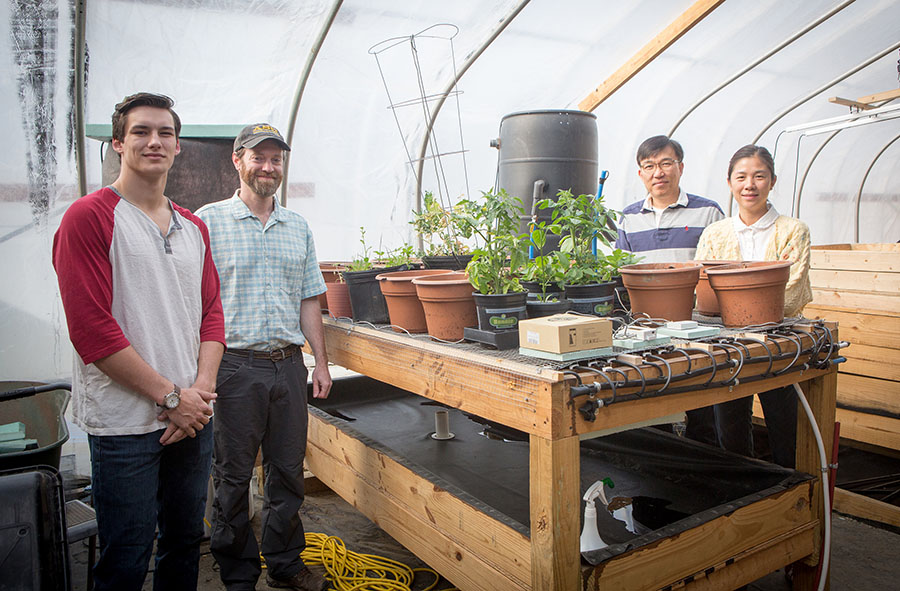
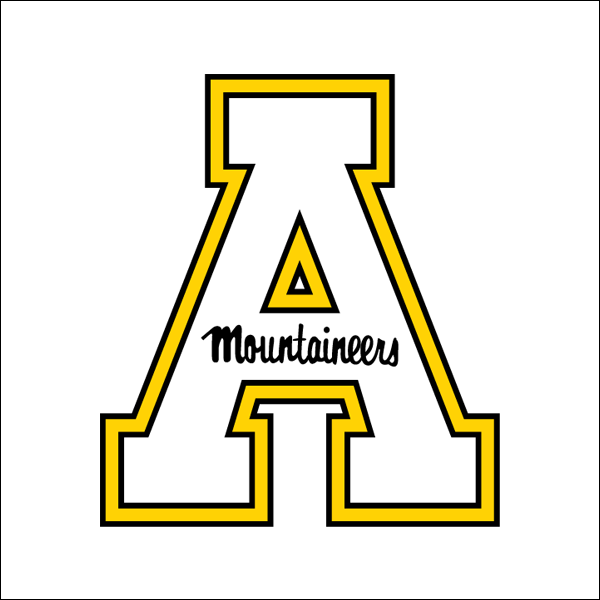
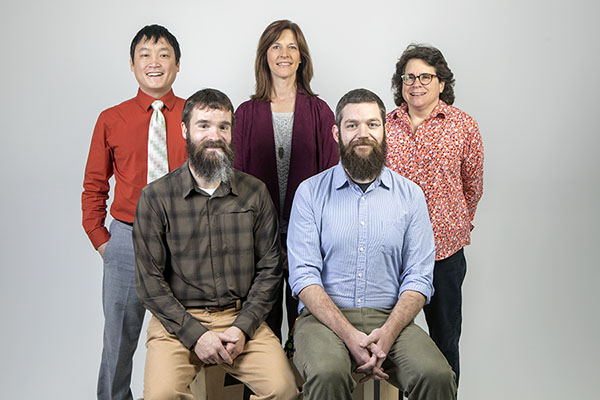



![How NCInnovation Is Rethinking Economic Development in North Carolina [faculty featured]](/_images/_posts/2026/02/rethinking-economic-development-600x400.jpg)







